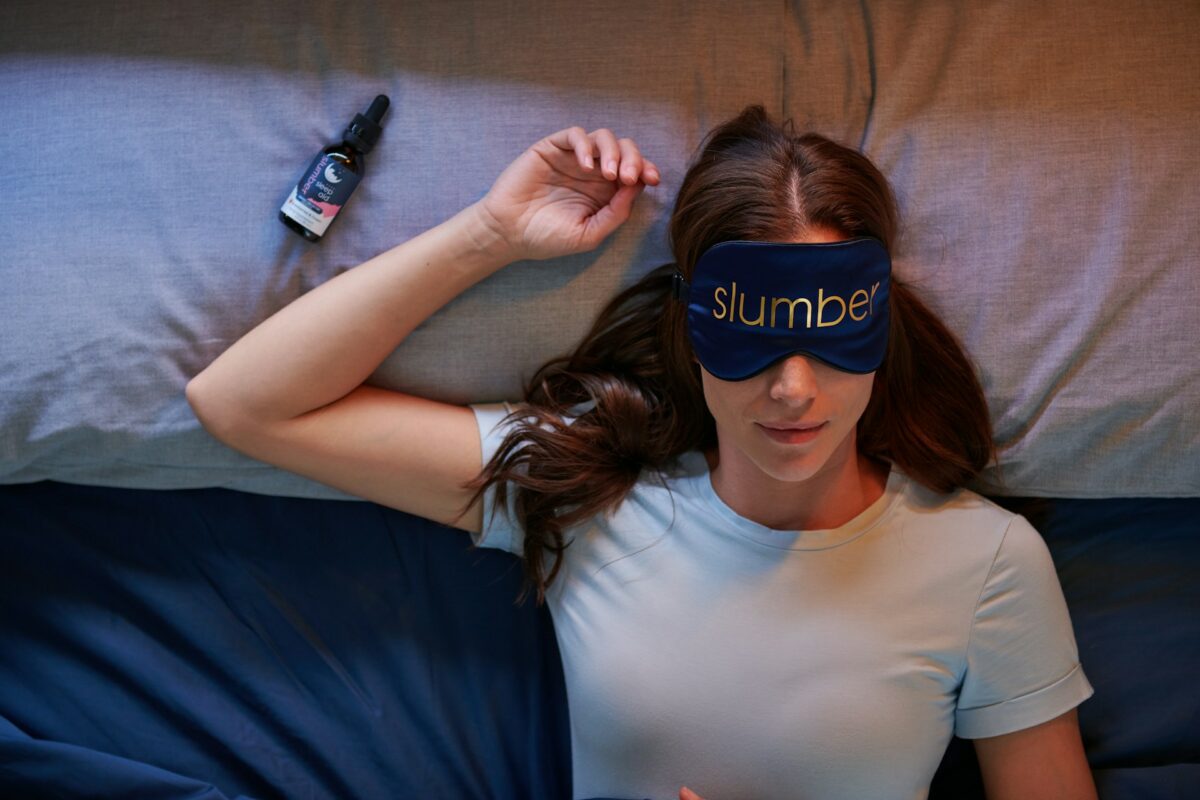You may already be familiar with the term sleepwalking. Perhaps you, like many others, use it to refer to someone who’s going about their day without focus or energy. However, sleepwalking is a real condition with huge consequences.
Sleepwalking is medically known as somnambulism. It is a disorder that occurs during a person’s deep sleep and leads to walking or, in some cases performing other activities or behaviours while still asleep. Somnambulism typically occurs in children more often than adults and is often experienced by those who are either sleep-deprived or prone to nighttime awakenings.
There are instances when sleepwalking could cause injuries. For instance, someone could get into an accident, fall down a set of stairs, or lash out at others around them. Active treatment may not always be required, but in more severe cases and those who experience it frequently should seek a solution from a reputable sleep doctor.
In this post, we are going to learn more about sleepwalking – its symptoms, causes, and possible treatment options:
What Are the Symptoms of Sleepwalking?
The following are the most common symptoms of somnambulism:
- Walking around and performing tasks in your sleep
- Moving about your bedroom
- Unusual pulling or grabbing of the covers or bed sheets
- Uncontrollable urination
- Being violent
- Acting out your dreams
- Getting out of bed in your sleep
- Ringing the doorbell, opening the refrigerator
- Destructive behaviour
- Stumbling, falling, and/or bumping into objects
It should be noted that people very rarely have a memory of their sleep walking activites.
What Are the Common Causes of Somnambulism?
At its most basic form, sleep walking is a failure of the paralysis function your brain uses to keep you safe during REM (dream) sleep. It is often associated with other disorders and conditions, and sometimes treating those can help with the sleepwalking. Here are some of the other conditions that should be investigated if you sleep walk:
A sleep disorder. Sometimes, sleepwalking is related to a sleep disorder such as sleep apnea or periodic limb movement.
A physical condition. Sometimes, a physical condition such as restless leg syndrome, narcolepsy, or a neurological disorder may cause this disorder.
Calcium deficiency. People who need to take a high dose of calcium supplements may be at risk for sleepwalking.
Medications. Some medications have somnambulism as a side effect, if you think your somnambulism is connected to your medication, talk to your physician.
What Treatment Options Are Available?
If sleepwalking is related to another condition, it is important to address the underlying cause as well as the sleepwalking. For example, if you were to go for treatment for sleepwalking and then continue to experience it after the treatment, you may want to find a sleep specialist and treat the other condition as well.
However, if it is not the case, these are the most common treatments for sleepwalking:
Sleep Hygiene
Sleep hygiene is the foundation of any treatment and helps the brain to maintain a normalized sleep cycle. It is focused on improving the quality and quantity of sleep by reducing poor sleep habits. Here are some of the recommendations:
- Avoid stimulants such as coffee and energy drinks in the late afternoon and evening.
- Use comfortable bedding and pillows.
- Create a relaxing sleep environment.
- Keep your regular sleep-wake schedule.
- Avoid alcohol before going to bed.
- Do relaxation exercises.
Medication
If sleep hygiene is not enough to manage sleepwalking, then medication may be recommended. If you think this is you, speak to a sleep specialist physician as soon as possible.
Conclusion
Do you know someone who is prone to sleepwalking? It is important to let them know about their condition, especially if they have young children or pets. It is also important to let parents of young children know about this disorder.
Sleepwalking can often be a sign of another underlying condition that should be addressed. If left untreated, sleepwalking may lead to injuries, emotional distress, and relationship problems. If you or a loved one sleepwalks, it is best to consult a sleep doctor who can assess your case and provide you with the necessary treatment.
Sleep Better Live Better is a trusted sleep clinic in Vancouver where you can get help for problems related to sleeping, including but not limited to sleepwalking and insomnia. Get in touch with us today to find out how we can provide you with healthy sleep solutions!





